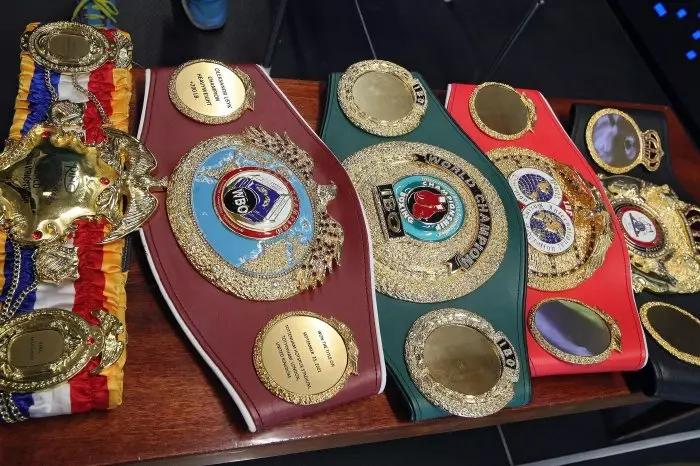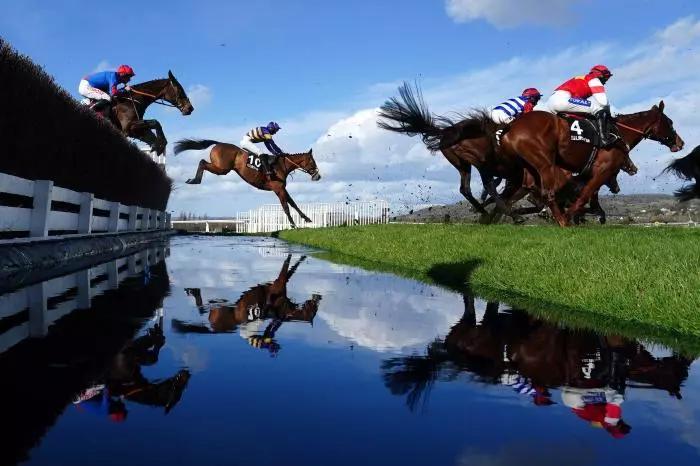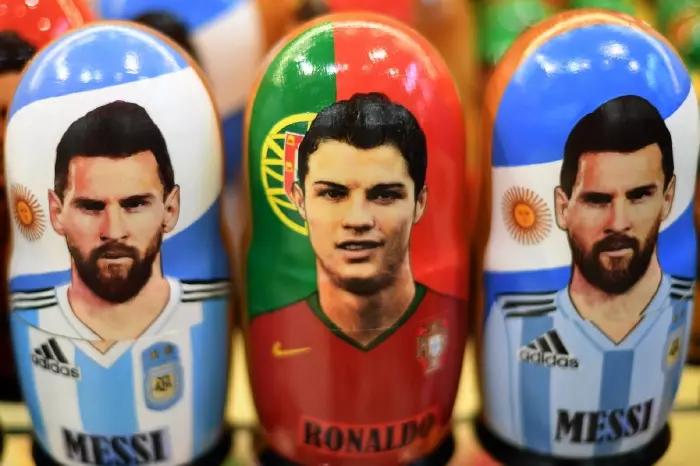Most successful silver medallists, including Roy Jones Jr and Gennadiy Golovkin

Fighting at the Olympics is often the pinnacle of an amateur boxer’s career and for many. the last time they box in their vests before beginning their professional ventures.
Vasiliy Lomachenko, Oscar De La Hoya and Muhammad Ali are some of the names to have won gold medals at the Olympics.
Roy Jones Jr
Roy Jones Jr burst onto the scene in the 1988 Seoul Olympics in South Korea fighting in the light middleweight division.
Although deciding to hang up the gloves in 2018 - a career that spanned 29 years - the now 53-year-old is still involved in the sport and is the trainer of Chris Eubank Jr. He is, however, still interested in fighting exhibitions and most recently fought Mike Tyson in 2020.
Riddick Bowe
Gennadiy Golovkin
After a stellar amateur career winning gold medals in competitions such as Junior World Championship 2000, Asian Games 2002, and the World Championships 2003, Golovkin came into the 2004 Athens Olympics as a huge one to watch in the middleweight division.
Amir Khan
Despite being the only boxing representative from team GB in the 2004 Athens Games, Amir Khan still came through to pick up a silver medal in the lightweight division at just 17 years of age.
KHAN FOLLOWS THE GAMEPLAN 🥊👌@amirkingkhan followed every one of trainer @FreddieRoach’s instructions against world champion Andreas Kotelnik pic.twitter.com/tK8qlPXOQA
— Sky Sports Boxing (@SkySportsBoxing) May 26, 2020














